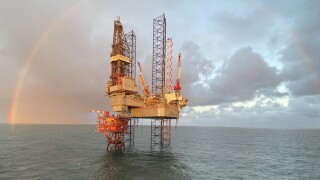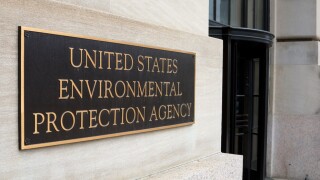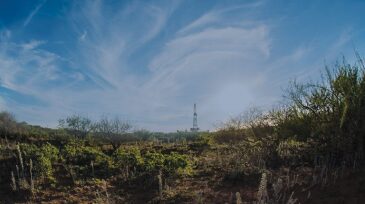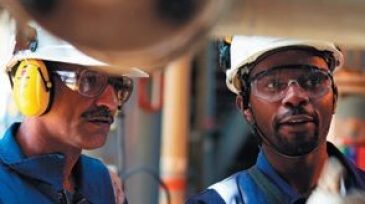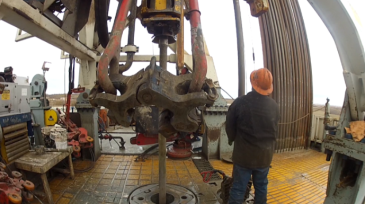HSE & Sustainability
DNV awarded the Abu Dhabi National Oil Company a storage certificate at the endorsement stage for its West Aquifer site.
Four former gas-producing wells have been converted into injection wells and are now preparing to receive carbon dioxide for storage.
The US Environmental Protection Agency withdraws its legal basis for federal vehicle GHG standards, setting up potential court challenges.
-
The oil and gas industry faces three key questions with regard to sustainability.
-
An assortment of sustainability initiatives shows how the oil and gas industry, leveraging its reach, diversity, and resources, is going well beyond just supplying energy to impact the world for the better.
-
Are you annoyed by all the wrong things passing for facts about oil and gas? A lot of petroleum engineers are. As for what to do to solve the problem, that gets complicated, and likely will require studying psychology.
-
In September 2015, the United Nations adopted 17 Sustainable Development Goals, addressing the global challenges facing humanity, including poverty, inequality, health, education, energy, climate, the environment, and prosperity.
-
The energy transition is underway, and the push to reduce carbon emissions will be at the forefront of industry discussion in the coming years. What role will oil and gas play in the changing landscape? How diversified can our fuel mix be while still meeting growing energy demand?
-
In the JPT issue celebrating SPE’s 50th anniversary, John C. Calhoun addressed how distinctive petroleum engineering is from other engineering disciplines.
-
Global climate concerns, amplified in the public consciousness by a steady stream of violent weather events such as hurricanes and California wildfires, are generating a new set of realities for the energy industry.
-
This paper presents the findings of a research project and the content of IPIECA’s “Practitioner Note on Monitoring and Evaluation of Social Investment,” which focus on the challenges faced by companies considering an increase in stakeholder demand for evidence-based reporting of social investment.
-
Operators in the Permian Basin are looking for new ways to handle the rising volumes of produced water coming out of the region without using saltwater disposal wells. One solution, treatment for discharge, could provide an efficient alternative.
-
The North Dakota Petroleum Council is introducing One Basin—One Way, a program that hopes to reduce orientation redundancies and streamline training.


